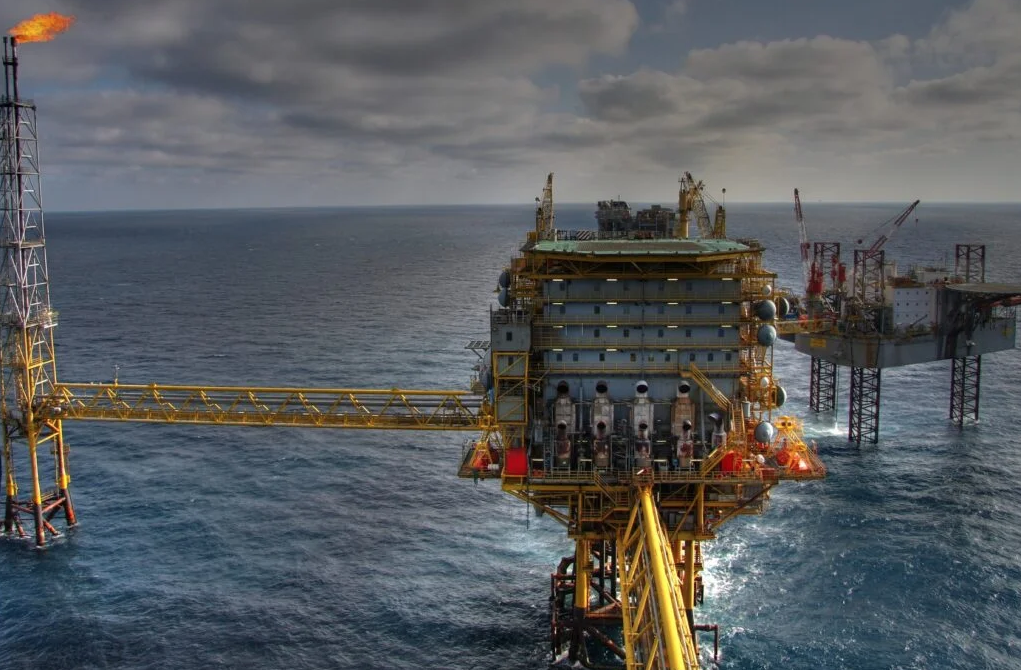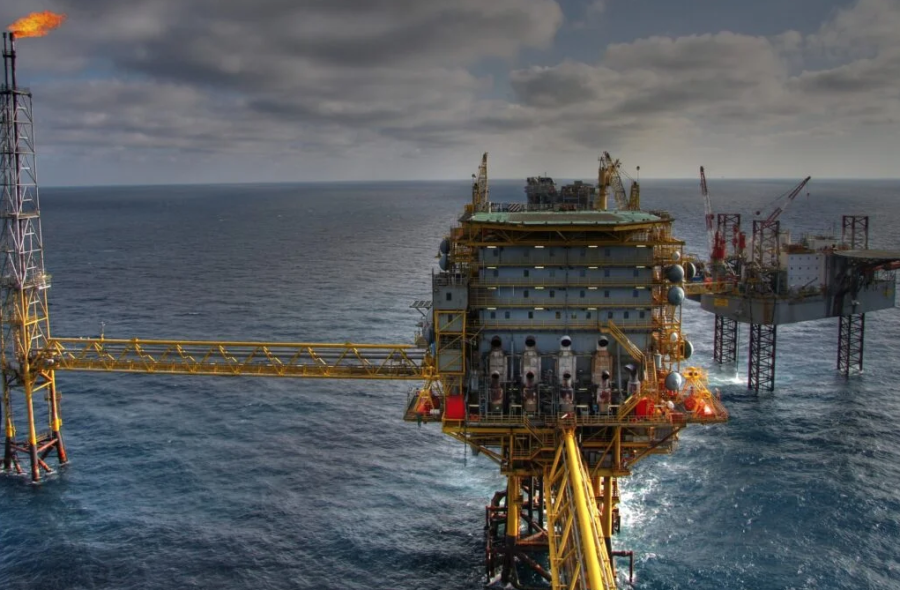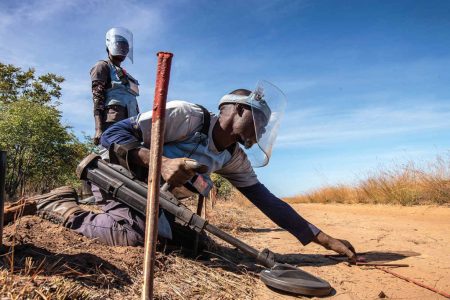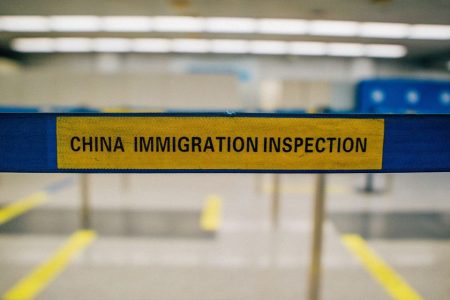Crude oil high prices are helping Angola, the second-largest oil producer in Sub-Saharan Africa, pay off debts to Chinese lenders.
Angola’s oil revenue rose from US$1.4 billion in April to US$2.1 billion in May, according to data from the country’s finance ministry. Brent crude was trading at US$113.12 a barrel on Friday, up more than 48 per cent since the start of this year.
Data from Angola’s central bank indicates that Luanda resumed principal repayments of Chinese debt in the first quarter of this year, 18 months before the scheduled end of a three-year debt moratorium agreed with Chinese lenders in June 2020.
According to market research company REDD Intelligence, quoted Monday by South China Morning Post (SCMP), debt owed to Chinese creditors decreased by US$351 million in the first quarter of this year to US$21.4 billion, after having been stable at close to US$22 billion for the past two years.
Angola fell into recession between 2016 and 2020 following a crisis caused by falling oil prices, and China agreed in 2020 to allow it to defer debt payments after the Covid-19 pandemic worsened its economic prospects.
The debt payment freeze was to end in the second quarter of next year.
Oil makes up 90 per cent of the country’s exports, leaving it vulnerable whenever prices fall.
Part of the deal that Angola signed with Chinese lenders included a flexible payment agreement that required the resumption of payments if the price of oil rose above US$60 a barrel, which has been the case since June last year.
A 2020 moratorium gave Angola crucial financial breathing room at a time when oil prices were falling due to the spread of Covid-19.
“The agreement deferred principal repayments to both China Development Bank and Industrial and Commercial Bank of China until the second quarter of 2023,” REDD Intelligence said.
Angolan finance ministry data indicates that the country’s outstanding debt to China Development Bank was constant at around US$13.5 billion.
Angola has borrowed US$42.6 billion from Chinese lenders – around a third of China’s total lending to African countries between 2000 and 2020 – which it repays in the form of oil shipments.
Deborah Brautigam, a professor of international political economy at Johns Hopkins University and founding director of the China Africa Research Initiative, said that Angola got a good moratorium from CDB and ICBC, something no other commercial lender provided.
Chinese creditors accounted for 54 per cent of Angola’s scheduled debt servicing obligations this year.
Following the upswing in oil prices this year, Angola has more than doubled its expected earnings from the commodity and is using the additional cash and the appreciation of its currency to address its debt load.
Dominik Kopinski, an associate professor at the University of Wroclaw and the co-founder of the Polish Centre for African Studies, told SCMP that soaring oil prices have given the Angolan government more breathing space, “so it is now trying to probably unload parts of the debt burden before the debt service moratorium ends in 2023.”
“I am sure the Angolan officials well remember the bitter times when the prices of crude were low, and they had to send more oil shipments to China to compensate for the difference, and they wouldn’t want to return to that situation,” he said.
By repaying the loans before the expiry of the moratorium the government saves on the total interest it pays, said Gerrit van Rooyen, an economist at Oxford Economics Africa.
“Thanks to the rise in the oil price, the government has ample revenues to increase debt repayments – it is commendable,” he said.
SCMP said that Angolan President João Lourenco is seeking re-election in August, and lowering the country’s debt burden before then would be seen as “some victory for the ruling party.”




